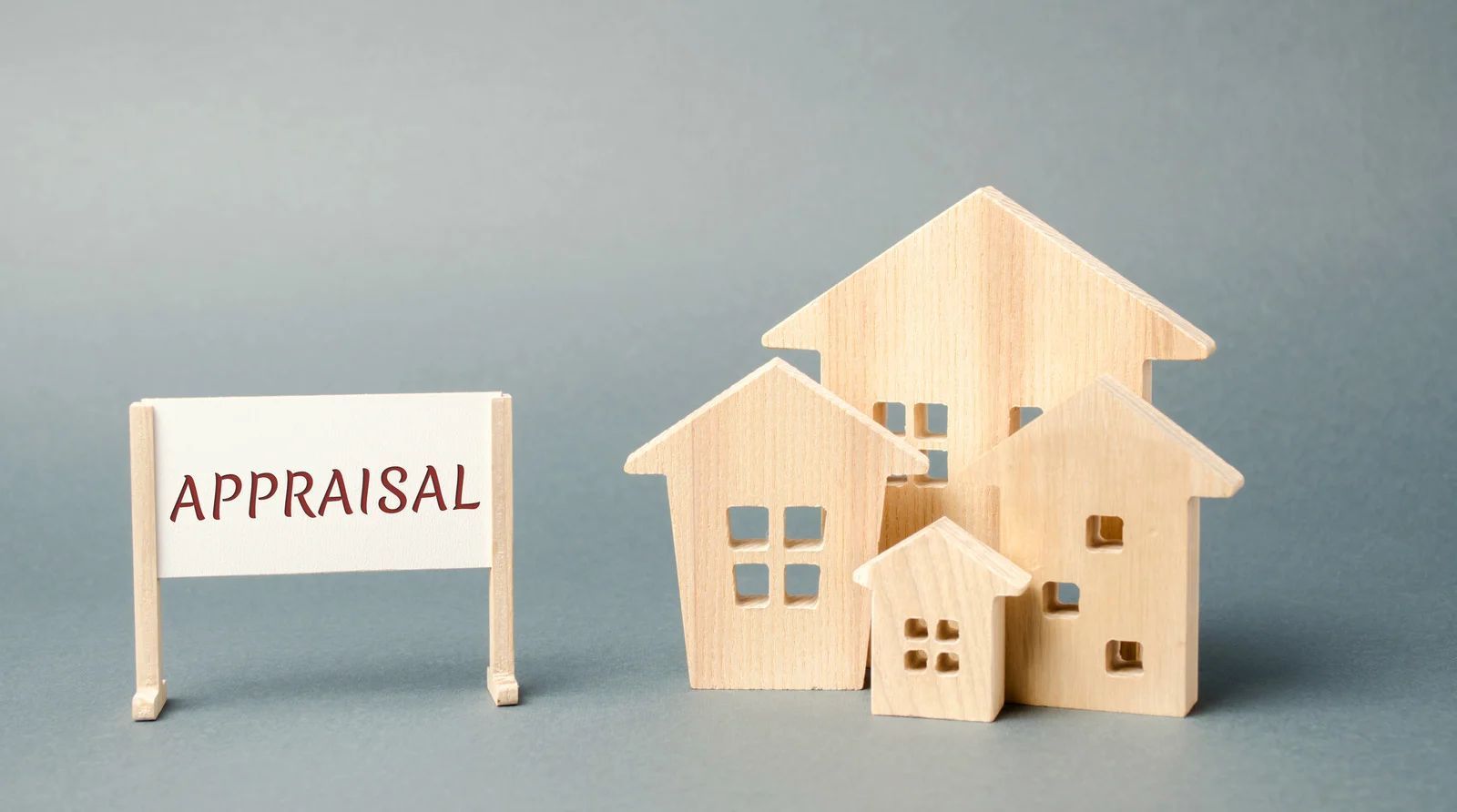The Role of Home Appraisals in Estate Settlement: What You Need to Know
April 28, 2025

Estate settlement is a complex process that involves numerous legal and financial steps. One crucial aspect of this process is a home appraisal, which determines the fair market value of a property left behind by the deceased. Whether you are an executor, beneficiary, or legal professional, understanding the role of home appraisals in estate settlement can help ensure a smooth and fair division of assets.
Why a Home Appraisal is Essential in Estate Settlement
When a person passes away, their estate must go through probate, a legal process that verifies their will and distributes assets accordingly. Real estate is often one of the most valuable assets in an estate, making an accurate appraisal necessary for fair distribution, tax assessments, and legal compliance. A certified appraisal provides an unbiased estimate of a property's value, ensuring that heirs receive their rightful share without disputes.
Additionally, if the property needs to be sold to settle debts or distribute assets among multiple beneficiaries, an appraisal helps set a competitive price. Without a professional appraisal, disagreements may arise, leading to delays and potential legal issues.
Determining Fair Market Value for Tax Purposes
One of the most critical reasons for conducting an estate appraisal is for tax purposes. The Internal Revenue Service (IRS) requires estates exceeding a certain value to file an estate tax return, and the property's appraised value plays a key role in calculating any potential taxes owed. This valuation, known as the "date of death appraisal," helps establish the fair market value of the property at the time of the owner's passing.
Accurate appraisals also impact capital gains taxes if the property is later sold. The difference between the sale price and the appraised value at the time of inheritance determines the taxable gain. Ensuring a precise valuation prevents overpayment of taxes and helps beneficiaries make informed financial decisions.
Avoiding Disputes Among Heirs
When multiple heirs are involved in an estate, disagreements about property value can lead to conflicts. Some beneficiaries may believe the home is worth more, while others may want to sell it quickly at a lower price. A professional home appraisal eliminates these disputes by providing an impartial, well-documented valuation based on market conditions, recent sales, and property condition.
If an heir wishes to keep the home, the appraisal helps determine a fair buyout price for other beneficiaries. This ensures equitable distribution and minimizes the risk of family disputes that could prolong the
estate settlement process.
Preparing for Property Sales or Buyouts
In some cases, the estate executor may need to sell the home to distribute assets or pay outstanding debts. A home appraisal helps set a realistic asking price based on market trends, ensuring a fair sale that benefits all parties. It also provides credibility when negotiating with buyers, lenders, or attorneys involved in the estate.
For heirs interested in keeping the property, an appraisal serves as the foundation for a buyout agreement. By establishing an accurate market value, it allows for a transparent transaction where one heir can compensate others fairly. Without a professional appraisal, disagreements over pricing may delay the settlement process.
Trust Us for Expert Estate Appraisals
Navigating estate settlement can be challenging, but a professional home appraisal ensures a fair and efficient process. At Moore 4-U Appraisals, we have 20
years of experience providing accurate and reliable property valuations in Wake Forest, NC. Whether you need an appraisal for probate, tax filings, or property division, our certified experts deliver precise reports that meet legal requirements. Contact us today to schedule your estate appraisal and ensure a smooth settlement process.





